Lifestyle Barometer: Your guide to what’s hot and what’s not this week
From male contraceptives to Kim Kardashian and gambling, this is our guide to what’s hot and what’s not

GOING UP ▲
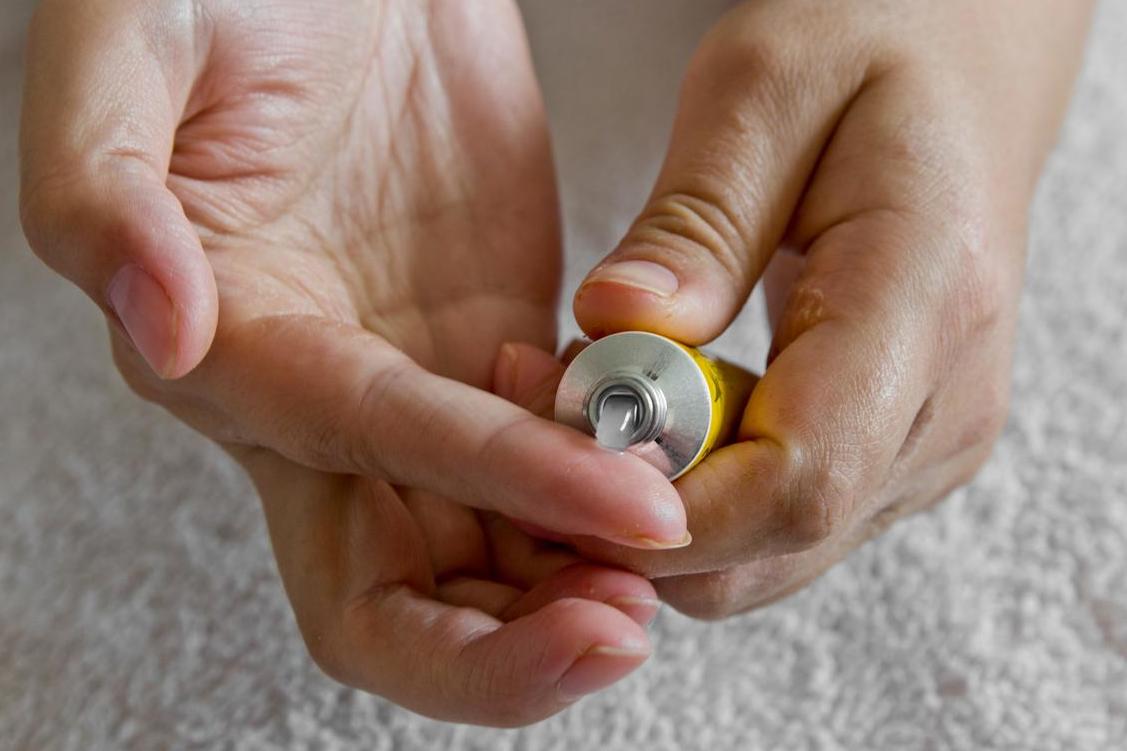
▲ Male contraceptive gel
A British man has been revealed to be among the first in the world to trial a new male contraceptive gel. James Owers and his girlfriend Diana Bardsley, from Edinburgh, have volunteered to take part in the study which is looking into the effectiveness of the hormone gel called NES/T.
According to researchers, the gel uses a combination of progesterone and testosterone which are absorbed through the skin directly into the bloodstream.
While the progesterone stops sperm being produced, the additional testosterone negates the effects of a drop in hormone levels, meaning users should continue to have a normal sex drive.
Speaking to BBC Radio 5 Live Breakfast, Owers explained how he applies the gel, saying: “I squeeze a 50p-piece-size out of the dispenser – the dispenser is a bit like one of those posh toothpaste tubes. It’s got the consistency of hand sanitiser. I rub it into my shoulder and pectoral area and that dries in three to four seconds. I do that to the other shoulder and then I get dressed and go about my day as normal.”
While Dr Cheryl Fitzgerald, one of the researchers behind the trial, said the study was going “very well”, she admitted that widespread availability of a male contraceptive could still be some years away.
“This trial is looking at hundreds of men and looking at them quite closely to check that it’s safe and effective and tolerated well,” Fitzgerald said. “After that there would be a much bigger trial so we are certainly looking at 10-plus years.”
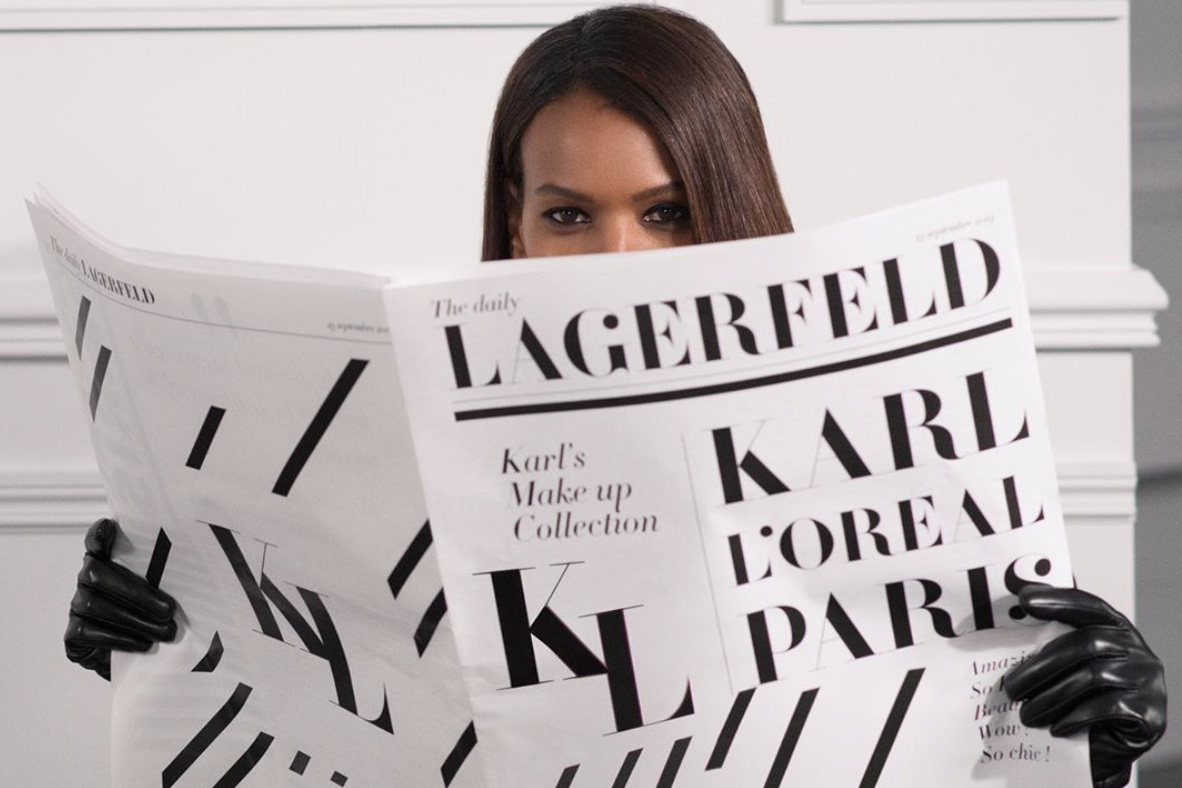
▲ Karl Lagerfeld x L’Oreal
On Tuesday, cosmetics company L’Oreal Paris announced that it is launching a make-up collection with the late Karl Lagerfeld. Announcing the news on Instagram with a photograph of model Joan Smalls holding a newspaper titled The Daily Lagerfeld.
“Two iconic Parisian brands are joining forces: KARL LAGERFELD will collaborate with @lorealmakeup to create an exclusive make-up collection,” the caption read. “Launching worldwide in September 2019. #KARLXLOREALPARIS.”
Currently, information regarding products and price points is being kept under wraps, however it has been confirmed that the collection will launch during Paris Fashion Week which runs from 23 September to 1 October.
Speaking on the upcoming launch, Caroline Lebar, head of image and communication at the Karl Lagerfeld fashion house, said: “This line of make-up truly reflects the Karl Lagerfeld brand universe and what Karl loved in make-up. Karl liked it when a collaboration resonated with a brand and would make a real impact on many people.”
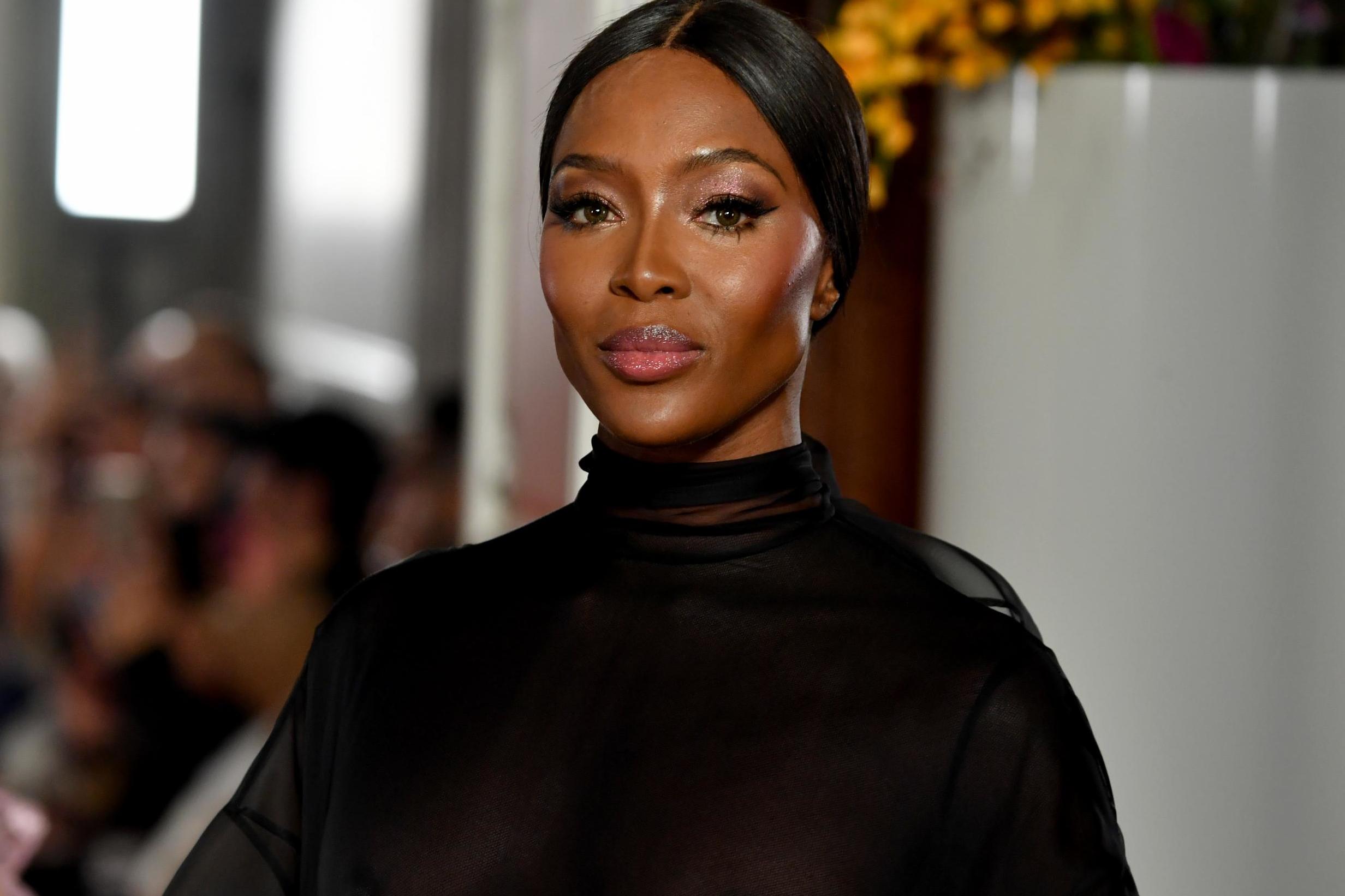
▲ Naomi Campbell
This week, supermodel Naomi Campbell was unveiled as the recipient of the British Fashion Council’s (BFC) 2019 Fashion Icon award.
The 49-year-old made history when she became the first black British model to appear on the cover of British Vogue in 1987, and the first black model to appear on the cover of French Vogue the following year.
Campbell has since graced 66 Vogue covers worldwide, walked for some of the world’s best fashion designers and starred in a number of advertising campaigns for luxury brands including Louis Vuitton, Versace and Dolce & Gabbana.
Following the BFC’s announcement, Campbell spoke about the complexities of the fashion industry during an interview with BBC Newsnight, touching on everything from racial diversity to ageism and #MeToo.
On the topic of diversity, Campbell praised the industry for the progress it has made but claimed it did not go far enough. “To see more than one woman of colour on magazine cover is a big deal but it really shouldn’t be,“ Campbell said. ”It’s not a trend.“
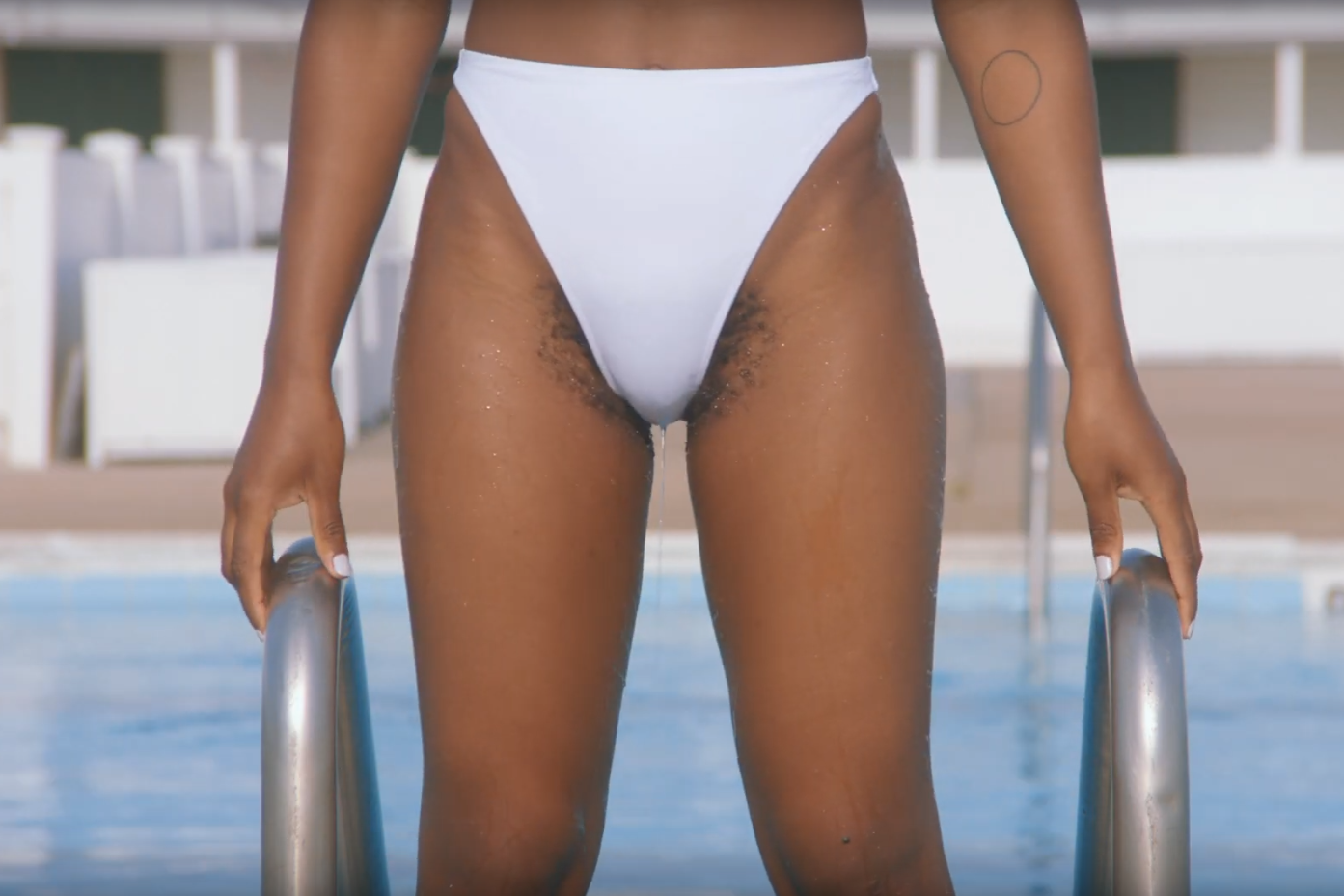
▲ Pubic hair
American women’s razor brand Billie was been praised on social media this week for featuring pubic hair in its latest campaign.
On Monday, the company unveiled a new video as part of its Red, White, And You Do You campaign, which features a diverse mix of women relaxing poolside or on the beach wearing high-cut swimwear with tufts of pubic hair on show.
Billie’s executives explained that they hope the campaign will help to normalise female body hair.
“I think when we brush topics to the side and don’t address it, it’s a form of body shaming,” Georgina Gooley, the co-founder of Billie, told Refinery29. “You’re saying it’s so unacceptable that we’re not even going to talk about it, and that’s how we treat pubic hair.”
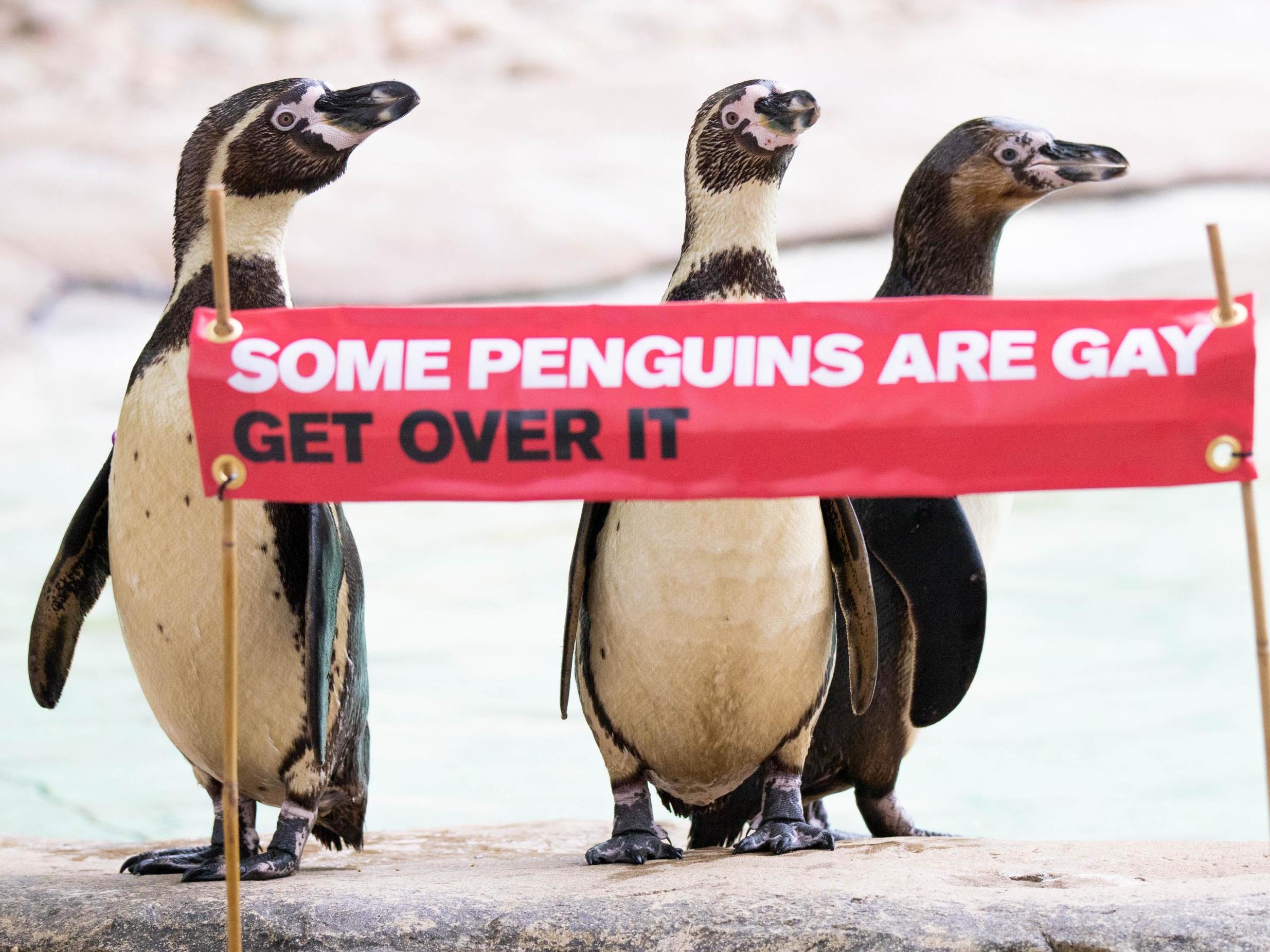
▲ Same-sex penguin couples
London Zoo has paid homage to same-sex penguin couples to celebrate Pride Month.
On Friday 5 July, London Zoo will host a Zoo Night to mark the occasion, during which visitors will learn about same-sex couples across the animal kingdom, including among penguins. One of the zoo’s most well-known same-sex penguin couples is Ronnie and Reggie, who have been together since 2014.
In commemoration of their relationship and those of other same-sex penguin couples, a new banner was placed in the zoo’s penguin beach, reading: “Some penguins are gay. Get over it.”
The banner has been inspired by LGBT+ charity Stonewall’s “Get Over It!” campaign, which was launched in 2007 in an effort to combat bullying of LGBT+ students in school.
GOING DOWN ▼

▼ Fruit pouches
Parents have been urged to stop feeding young children sugary fruit pouches amid concerns that consuming too many could be linked to a range of health conditions.
The Royal College of Paediatrics and Child Health (RCPCH) warned that tougher, mandatory regulations are needed regarding the amount of “free sugar” that can be included in baby and toddler foods. Free sugar refers both to sugar which is added to foods and beverages by manufacturers, and sugar that is naturally present in honey, syrups and fruit juices.
By turning to ready-made products or home-made sweet purees during the weaning process, the experts said children run the risk of consuming far too much sugar and developing an aversion to more sour-tasting vegetables.
An accompanying report from the RCPCH added that the over-consumption of free sugar in infants and children, especially in liquid form, is linked to a range of health conditions, both immediate and in later life including tooth decay, being overweight and type 2 diabetes.

▼ Gambling addiction
This week the NHS announced it is to open its first gambling clinic for children after research found the number of young people struggling with addiction has quadrupled in two years.
According to the Gambling Commission, an estimated 55,000 children in the UK are now classed as having a gambling problem.
As a result of growing concern, NHS England is launching The National Problem Gambling Clinic in London, which will offer specialist help for children and young people aged 13 to 25. The clinic will open as part of a new network of services for addicts being rolled out as part of the NHS Long Term Plan.
Gambling services for adults are also being extended and rolled out as part of the scheme, with clinics opening in the north of England for the first time.
Simon Stevens, the NHS England chief executive, said that the links between gambling and stress, depression and mental health problems are on the rise.
“This action shows just how seriously the NHS takes the threat of gambling addiction, even in young people, but we need to be clear – tackling mental ill health caused by addiction is everyone’s responsibility, especially those firms that directly contribute to the problem.”

▼ Objectification
Fans of Billie Eilish voiced their support for the singer this week after trolls inundated a photograph of her with sexually objectifying comments.
A photograph of 17-year-old Eilish wearing a fitted white vest top underneath a baggy zip-up hoodie was circulated on social media and quickly prompted an onslaught of tweets from people commenting on the teenager’s appearance, including one that said: “Billie Eilish is THICK”.
In light of the objectifying comments, fans of the Eilish came to the singer’s defence with many pointing out that the she is just 17 years old, while others highlighted the fact that such derogatory comments are the exact reason she typically chooses to wear loose-fitted clothing.
In May, Eilish explained the reason she wears baggy clothes during a campaign shoot for luxury fashion brand Calvin Klein. In the 30-second video, the singer said: “I never want the world to know everything about me. I mean, that’s why I wear big, baggy clothes. Nobody can have an opinion because they haven’t seen what’s underneath, you know?
“Nobody can be like, ‘Oh, she’s slim-thick, she’s not slim-thick, she’s got a flat ass, she’s got a fat ass.’ No one can say any of that, because they don’t know.”

▼ Kim Kardashian
Kim Kardashian West has been accused of cultural appropriation following the announcement of her new shapewear brand, Kimono Intimates.
On Tuesday, the reality television star shared images displaying pieces from the collection on Twitter and Instagram, showing a series of underwear in a range of nude skin tones. Numerous people have criticised Kardashian West for adopting a term which bears strong significance in Japanese culture.
“Why’s it called kimono if that’s a completely different style of clothing,” one person tweeted. “I get that you’re incorporating your name but kimono is the name of a traditional (and cultural) Japanese robe.”
Someone else described the range as “absolutely tasteless and awful”, saying the entrepreneur has “zero respect to the Japanese culture”.

▼ Jeremy Kyle
The executive producer of the recently suspended Jeremy Kyle Show was unable to say how accurate its lie detector tests were.
Having contestants take part in lie detector tests has been a key component of the programme’s format since the ITV talk show was launched in 2005. But when questioned by the Digital, Culture, Media and Sport Committee about the authenticity of the tests during a parliamentary inquiry into reality TV, Tom McLennan, the show’s executive producer, could only say that the tests were “not 100 per cent accurate”.
According to Mr McLennan, individuals who were featured on The Jeremy Kyle Show were clearly informed that the results of lie detector tests may not always be reliable. However, the television producer could not provide members of the select committee with a percentage range of the accuracy of said tests, an admission which Damian Collins MP, chair of the committee, said was “irresponsible” and “astonishing”.
Earlier this year, it was announced that The Jeremy Kyle Show had been suspended indefinitely following the death of Steve Dymond, who had been a guest on the show.
Join our commenting forum
Join thought-provoking conversations, follow other Independent readers and see their replies
Comments
Bookmark popover
Removed from bookmarks